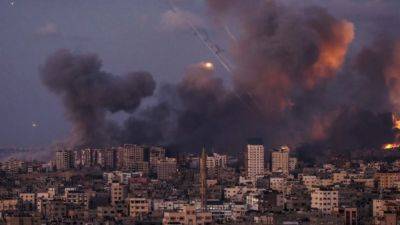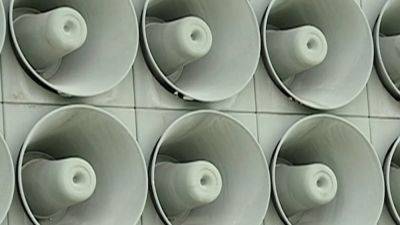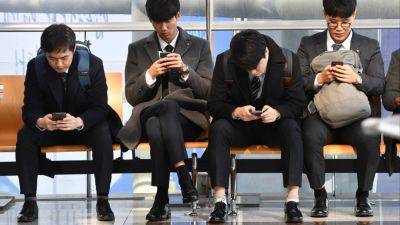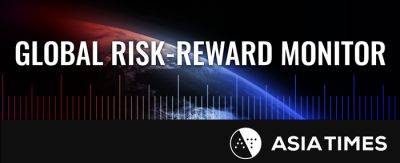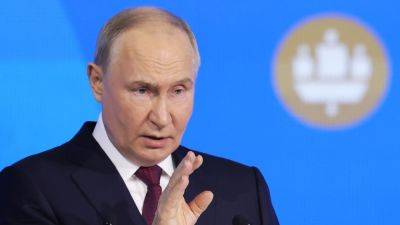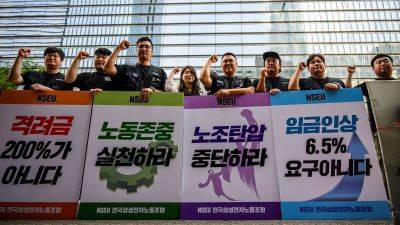War cuts the heart out of humankind
In the apartment of my friends in Baghdad, Iraq, they tell me about how each of them had been impacted by the ugliness of the 2003 US-imposed illegal war on their country.
Yusuf and Anisa are both members of the Federation of Journalists of Iraq and both have experience as “stringers” for Western media companies that came to Baghdad amid the war.
When I first went to their apartment for dinner in the well-positioned Waziriyah neighborhood, I was struck by the fact that Anisa – whom I had known as a secular person – wore a veil on her face.
“I wear this scarf,” Anisa said to me later in the evening, “to hide the scar on my jaw and neck, the scar made by a bullet wound from a US soldier who panicked after an IED [improvised explosive device] went off beside his patrol.”
Earlier in the day, Yusuf had taken me around New Baghdad City, where in 2007 an Apache helicopter had killed almost 20 civilians and injured two children. Among the dead were two journalists who worked for Reuters, Saeed Chmagh and Namir Noor-Eldeen.
“This is where they were killed,” Yusuf tells me as he points to the square. “And this is where Saleh [Matasher Tomal] parked his minivan to rescue Saeed, who had not yet died. And this is where the Apache shot at the minivan, grievously injuring Saleh’s children, Sajad and Duah.”
I was interested in this place because the entire incident was captured on film by the US military and released by Wikileaks as “Collateral Murder.” Julian Assange is in prison largely because he led the team that released this video (he has now received the right to challenge in a UK court his extradition to the United States). The video presented direct evidence of a horrific war crime.
“No one in our neighborhood has been


